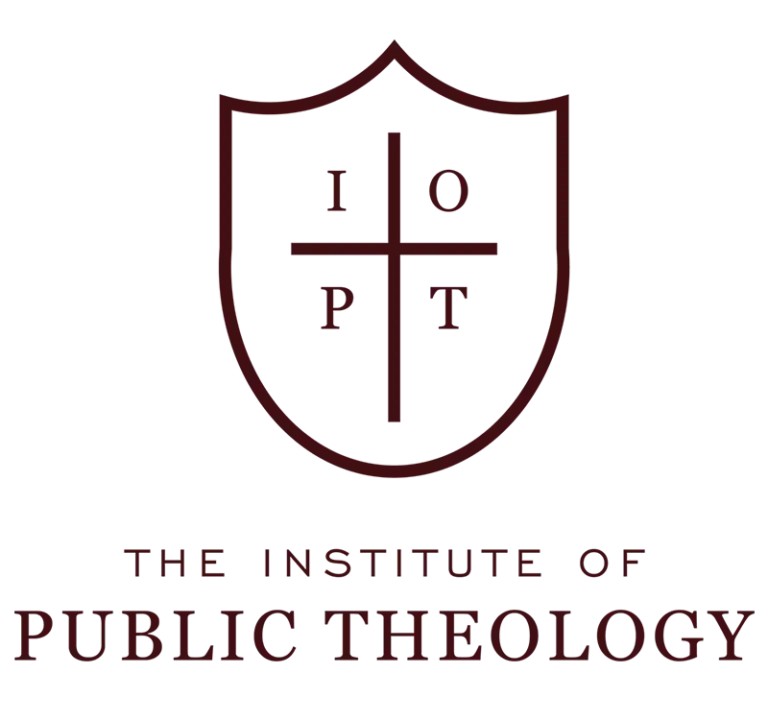The pivotal question of how one concedes authoritative force to a creedal, or confessional, proposition holds paramount importance in their use in pedagogical and disciplinary ways. If churches, associations, or denominations as a whole are to use their creeds as instruments of ordination, church instruction, and discipline, then some method of demonstrating the biblical character of their propositions must be clearly conceived. Phillip Schaff rightly reminds Christians, that “the Bible has, therefore, a divine and absolute, the Confession only an ecclesiastical and relative, authority.” Additionally, he warns that “any higher view of the authority of symbols is unprotestant and essentially Romanizing.” Having issued that caveat, he proposed, “Confessions, in due subordination to the Bible, are of great value and use.” He called them “summaries of the doctrines of the Bible, aids to its sound understanding, bonds of union among their professors, public standards and guards against false doctrine and practice” (Philip Schaff, Creeds of Christendom, 3 volumes, 1:7, 8.)
Confidence in the biblical authenticity of a creed’s content comes by familiarity with its historical and doctrinal context compared with the way each party interpreted Scripture. Creeds and confessions help us in consolidating the exegetical options that have characterized disagreements in the history of Christianity. They set forth propositions that are the summation of a particular group’s understanding of what Scripture teaches. The confessional propositions make possible close investigation as to their biblical fidelity and acceptance or rejection on that basis. If the creedal proposition is accepted as an accurate synthesis of biblical truth, that proposition becomes an element of an interpreter’s exegetical principles.
In the very act of creating unity in major areas, however, we also discover the effect of exclusion as a necessary outcome of confessions. The Baptist Faith and Message adopted in 2000 by the Southern Baptist Convention gave verbal and conceptual unity on a large number of issues; in addition, certain phrases had the intention of excluding those who held certain other theological options. For example, on the doctrine of God the confession stated, “God is all powerful and all knowing; and His perfect knowledge extends to all things, past, present, and future, including the future decisions of His free creatures.” This gave a clear signal that adoption of the confession included rejection of the doctrine of limited foreknowledge.
The conclusion drawn from this confessional proposition is that any exegetical proposal that affirms God’s limited foreknowledge is false; it results from a faulty handling of Scripture. The framers have concluded that absolute foreknowledge on the part of God, whether from absolute decrees or infallible precognition or some combination of the two, is consistent with the meaning of every biblical text, taken in context and synthesized with the entirety of the biblical data on that idea. That doctrine, because derived from the fullness of biblical revelation, serves as a hermeneutical principle. No text can be interpreted as involving God’s achieving, through the development of circumstances, knowledge that he had not previously, from eternity, possessed. Various figures of speech finally yield their meaning in light of the doctrinal synthesis. The concept of true as opposed to false deity that is inextricably interwoven into the biblical narrative is absolute omniscience.
God spoke through Isaiah, “Set forth your cause, says the Lord; bring your proofs [strong reasons, KJV], says the King of Jacob. Let them bring them, and tell us what is to happen. Tell us the former things, what they are [interpret the meaning of history], that we may consider them, that we may know their outcome; or declare us things to come. Tell us what is to come hereafter, that we may know that you are gods” (Isaiah 41:21-23 ESV). God sets forth his knowledge of both the past and the future as the proof of his status as the only God. In fact, didactic portions of Scripture envision a God, not only who knows the future, but whose decree for creation includes all the events that constitute past, present, and future, so that nothing escapes either his notice or his perfect guidance: “making known to us the mystery of his will, according to his purpose, which he set forth in Christ as a plan for the fullness of time, to unite all things in him, things in heaven and things on earth. In him we have obtained an inheritance, having been predestinated according to the purpose of him who works all things according the counsel of his will” (Ephesians 1:9-11 ESV).
When a passage of Scripture, therefore, such as Genesis 6:6 comes into view, the hermeneutic derived from the confession does not allow one to conclude that it means that something happened of which God had no previous knowledge and in light of which he had to take an unplanned alternative. The text reads, “And it repented the Lord that he had made man on the earth, and it grieved him at his heart. So the Lord said, ‘I will destroy man whom I created from the face of the earth.’” (KJV). We thus employ an understanding of the literary style using anthropomorphic and anthropopassive language in order to emphasize how God’s immutable holiness is set against, and certainly will bring to judgment, human sinfulness. We do not propose an interpretation that assumes a clear contradiction with a theological premise previously, in full consideration of biblical truth, established.





























